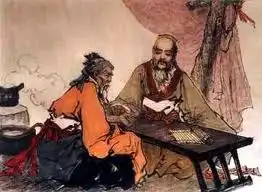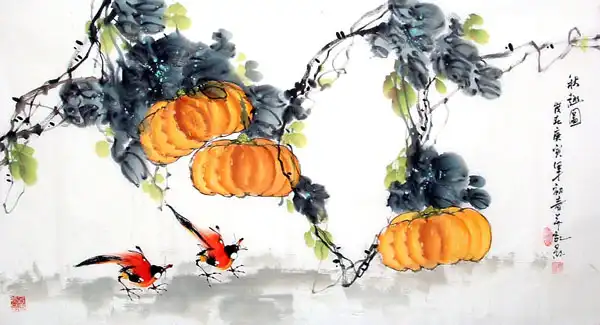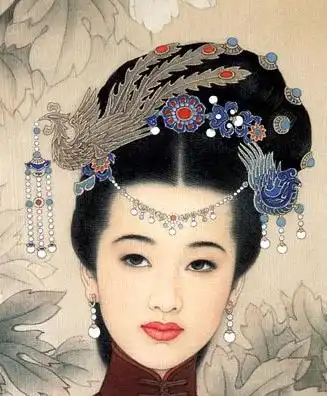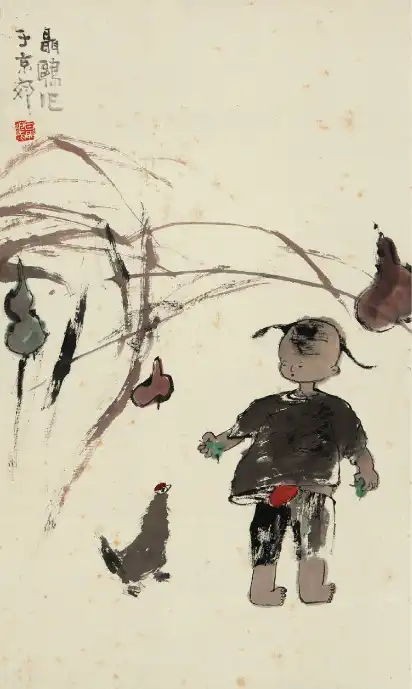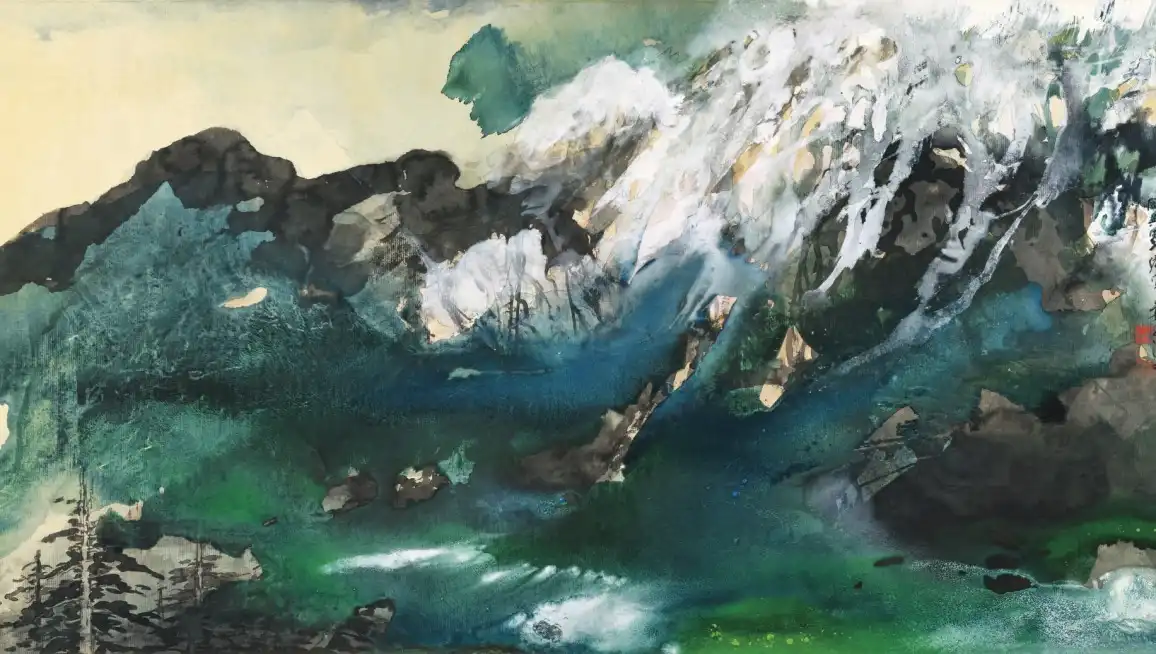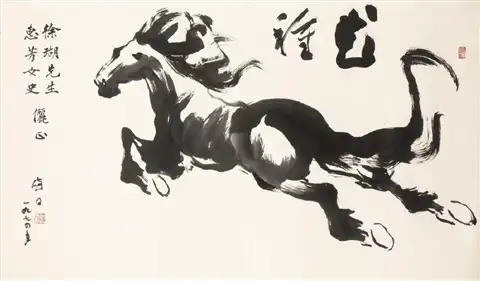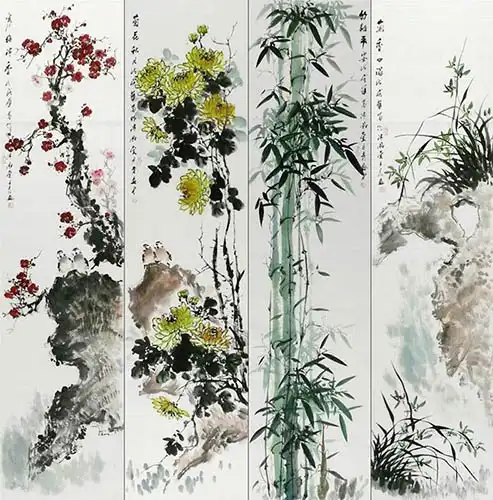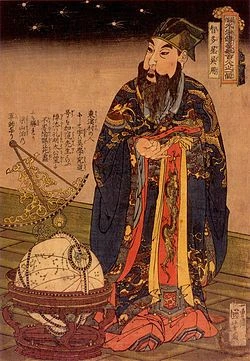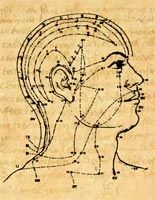Note: In traditional Chinese medicine the concept of the Spleen differs from the understanding of the spleen in Western medicine. In TCM main function of the Spleen is the transformation of food into "food essence". The symptoms of an imbalanced Spleen point to imbalance in the digestion. So in order to avoid confusion whenever we refer to the Spleen in this project we will consider the collective work of some organs and systems that participate in the transformation and transportation of nutrients and fluids, rather than solely focus on the organ spleen as defined in Western science.
Cause
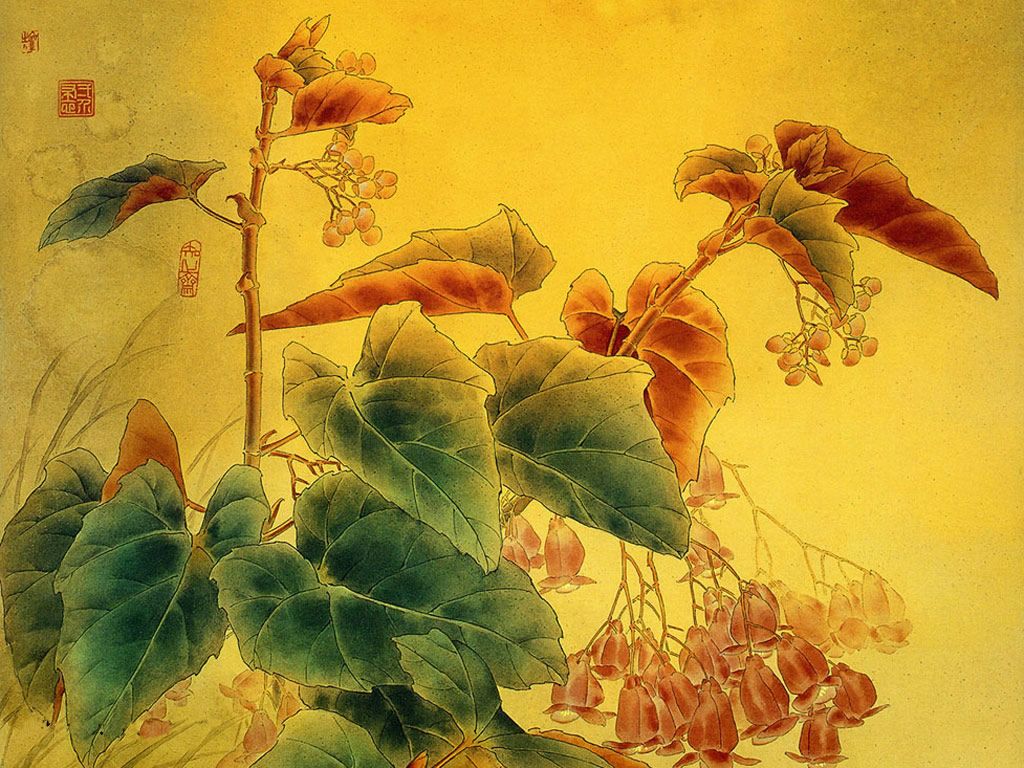
- over-consumption of cold and raw foods
- excessive eating and eating large amounts of food
- exessive consumption of proteins
- protein - deficient diet
- late night eating
The Spleen has the difficult and very complicated task to transform the food that we eat and the fluids that we drink into "food essence", blood and Qi, and transport them to the rest of the body for nourishment. This requires a lot of energy on its own to take place. To get this energy the Spleen needs to work in a warm and dry environment as cold temperature and damp environment have the nature of slowing things down and making things sluggish. Thus over-consumption of cold foods and raw foods (which are cold in nature) slow down the complicated work of the Spleen and take away from its energy. Regular consumption of ice cream, ice drinks, and foods straight out of the refrigerator, as well as raw fruits and vegetables, is a major cause for the Spleen to become deficient.
Excessive eating and eating large amounts of food is another cause for the Spleen to become deficient. The food that we eat takes a lot of time to be processed therefore consuming big amounts of food overloads the Spleen. Continuous overeating as well as irregular eating will eventually wear down the Spleen.
Eating too much proteins, especially meat, is also heavy on the Spleen.
Although regular overeating and over-consumption of proteins wears down the Spleen the other extreme also leads to Spleen Qi deficiency. Not eating enough or diet low on protein does not provide enough energy for the Spleen to function normally and support its work.
Late night eating is another cause for the Spleen to become deficient.
Symptoms
- poor appetite
- feeling tired after eating
- general tiredness
- weakness of the limbs
- sallow facial expression
- gas and bloating
- abdominal distention
- loose stools
- Spleen Yang deficiency symptoms - watery stools with undigested food, coldness in the abdomen, cold hands and feet
- Spleen Qi sinking symptoms - prolapse of the stomach, uterus, and anus
When the Spleen becomes deficient the appetite decreases. Thus a major symptom of a deficient Spleen is poor or no appetite. Another symptom is feeling tired after eating. The healthy norm is to feel refreshed and energised after meals. Fatigue and sleepiness after meals indicate a deficient Spleen.
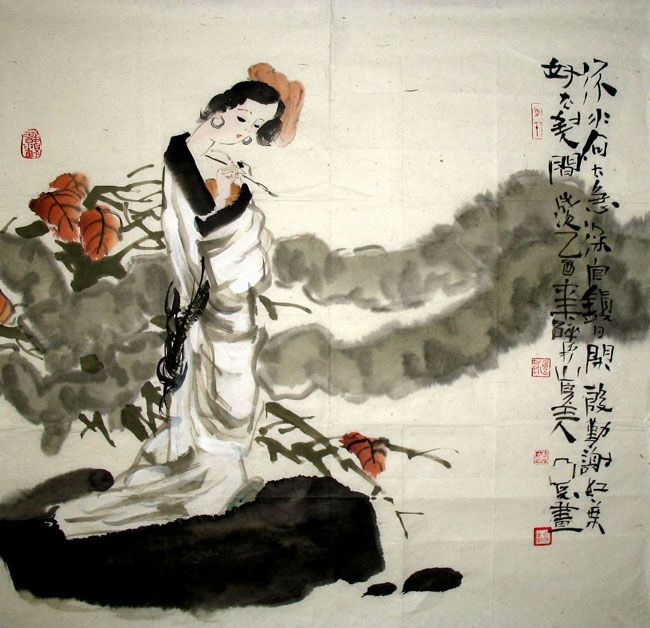
General tiredness is another typical symptom of Spleen deficiency. The Spleen is unable to perform its transformational duty (to transform food into "food essence", blood and Qi), leading to a general Qi deficiency and lassitude. The muscles and body tissues are not being sufficiently nourished therefore weakness of the limbs may be experienced. As there is not enough blood produced the facial complexion may become sallow and the tongue may become pale.
Other symptoms of Spleen deficiency are digestion related – gas and bloating (specially after meals), abdominal distention, and loose stools. If the Spleen Qi is deficient for longer periods of time and the condition is allowed to worsen, the Yang of the Spleen (the warming principle) will eventually also become deficient, which will lead to “deficiency of digestive fire”. Symptoms of deficient digestive fire manifest in watery stools (rather than loose stools), which often contain undigested food. As the warming principle is deficient there will be cold signs in addition to the digestive symptoms. Such are coldness in the abdomen, cold hands and feet, and swollen and wet tongue with teeth marks on the sides. (1)
A prolonged Spleen Qi deficiency may also lead to what is called “Spleen Qi sinking”. The main manifestation of this syndrome is prolapse. As one of the functions of the Spleen is to raise Qi and hold organs in place a chronically deficient Spleen may lead to prolapse of the stomach, uterus, and anus. Urgent and frequent urination is another sign of “Spleen Qi sinking”.
One of the functions of the Spleen is to "hold the blood in the vessels". Thus a deficient Spleen may sometimes manifest in bleeding such as blood in the stool and/or urine, bleeding from the uterus, blood spots under the skin, purpura.
Treatment
The strategy for treating a deficient Spleen is to fuel the Spleen with energy. Adding warm and mildly sweet foods to the diet is the way to do that, as warm temperature and sweet taste promote energy.
To unlock the rest of this article select "Yes, I want to learn!" below.
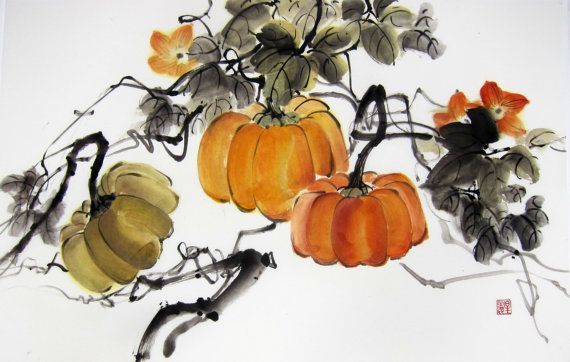
Food therapy is the most economical and non-toxic biochemical approach to health and disease. Food is something we continuously use to sustain our lives. Learning what foods are healing (and what disruptive) for each condition has the potential to convert every meal into a form of therapy.
YS
(1) Pitchford, Paul (2002). Healing with Whole Foods. Berkeley: North Atlantic Book
Related Articles:
The Spleen and the emotion pensiveness
The Spleen, the season late summer, and foods during late summer that benefit the Spleen
Herbs that tonify Qi and benefit Spleen Qi deficiency
Herbs that treat dampness and benefit dampness in the Spleen
Herbs that clear heat and dry dampness
Please read our Disclaimer

